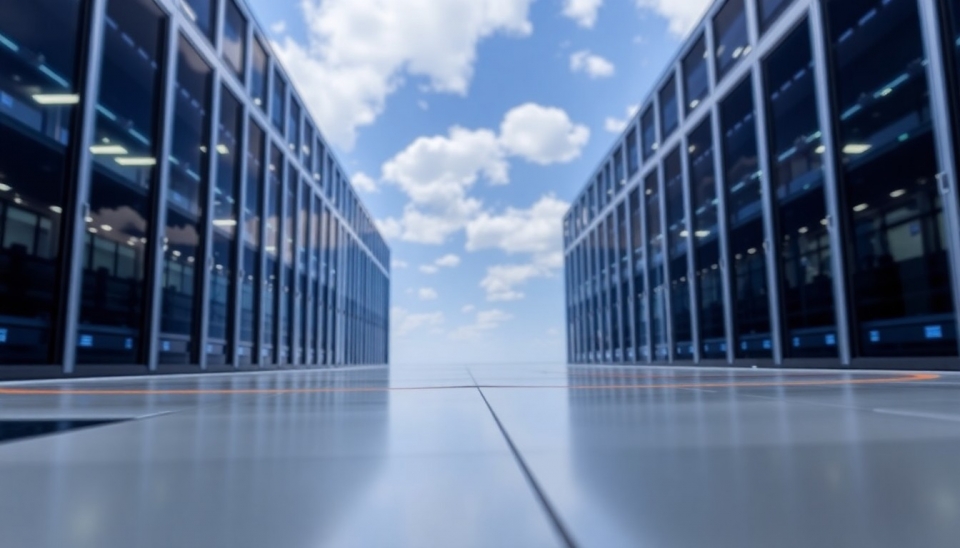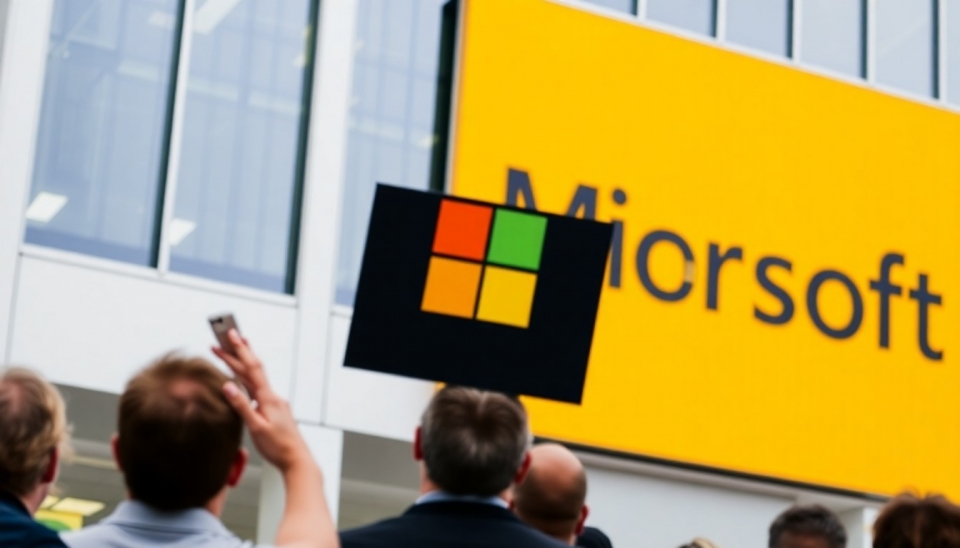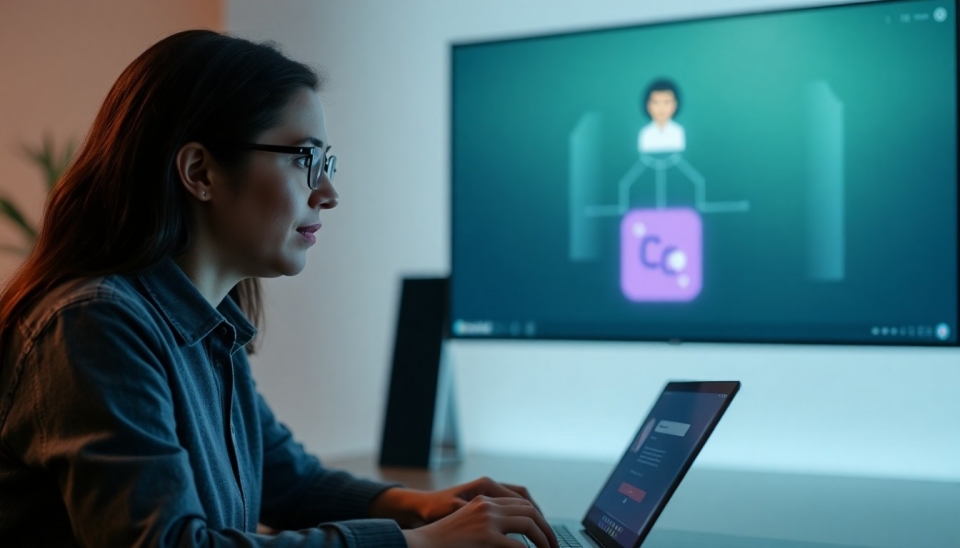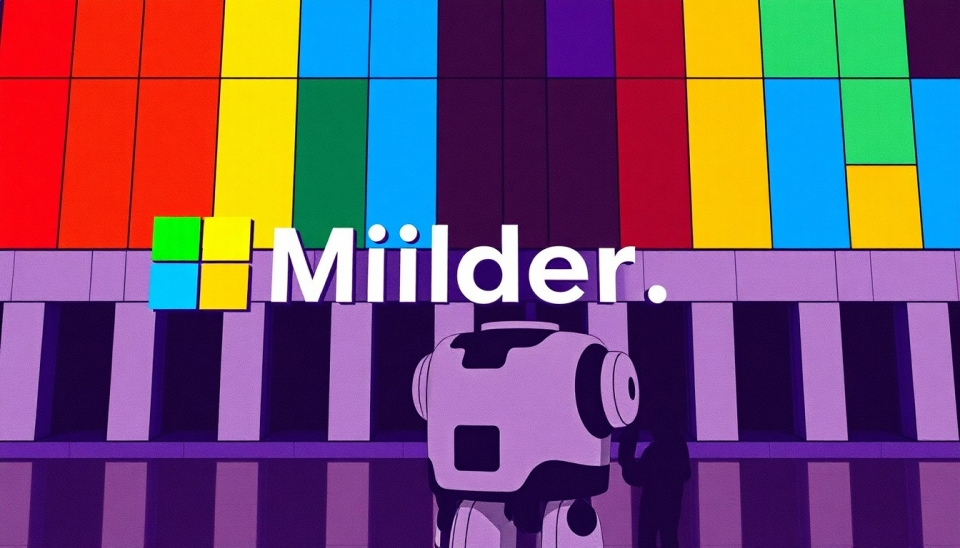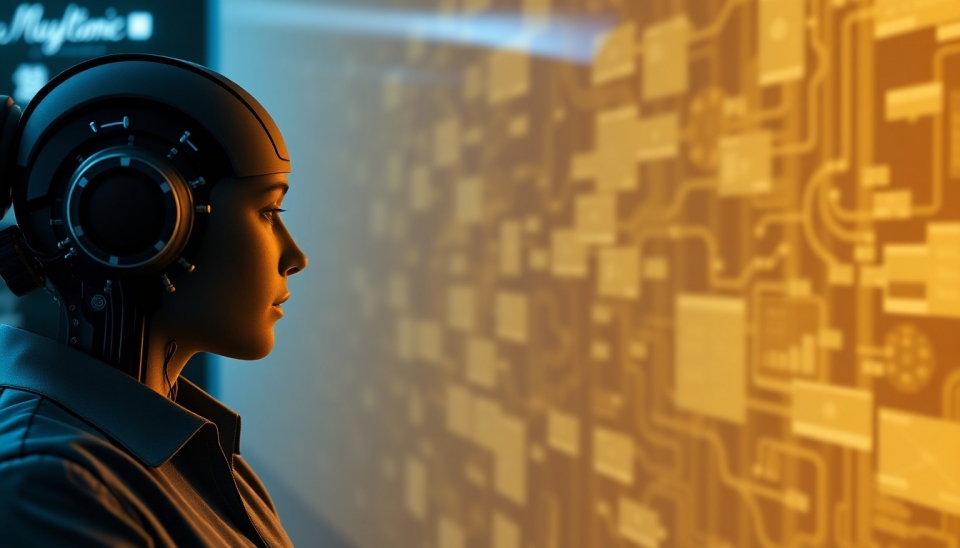
As we step into the new year, Microsoft is gearing up for significant advancements in artificial intelligence (AI) aimed at transforming workplace productivity. The tech giant sees 2025 as a pivotal year to demonstrate that AI is not just a buzzword but a substantial asset that can potentially enhance day-to-day operations within various industries.
This initiative comes in a climate where many organizations are seeking innovative solutions to boost efficiency and adapt to the rapid technological changes stemming from the digital transformation era. Microsoft, with its extensive portfolio of AI products and services, is determined to lead the way in showcasing how AI tools can be seamlessly integrated into workplace environments.
To achieve this, Microsoft is investing heavily in research and development, focusing on AI technologies that can help streamline tasks, improve collaboration, and enable more intelligent decision-making processes. This includes optimizing their existing platforms such as Microsoft 365, which are already being enhanced with AI capabilities like predictive text, intelligent scheduling, and automated data insights. Microsoft aims to refine these tools further, creating an ecosystem where AI’s impact on productivity becomes undeniable.
Moreover, with an emphasis on user experience, Microsoft is positioning itself to roll out new AI-driven features that will cater to the unique demands of organizations. By harnessing the power of machine learning and natural language processing, the company hopes to build solutions that not only respond to user commands but also anticipate their needs, thus fostering a more intuitive working environment.
One of the critical strategies in Microsoft’s roadmap includes partnerships with various businesses and institutions to gather insights and feedback on AI application in real-world scenarios. These collaborations will aid in aligning Microsoft’s AI offerings with the practical challenges organizations face, ensuring that the solutions are not only theoretical but also actionable and beneficial in everyday use.
The company’s long-term vision encompasses not just immediate gains but also a broader implication on workforce dynamics. Microsoft recognizes the necessity of reskilling and upskilling employees to thrive alongside AI technologies. As such, training programs and resources are part of the strategy to prepare the workforce for this impending shift towards AI-driven operations.
As we approach 2025, stakeholders will be watching closely to see whether Microsoft can deliver on its promises and prove that AI is indeed a boon to the workplace. The expectation is that the forthcoming advancements will not merely automate tasks but also enhance creativity and innovation across various sectors, redefining what’s possible in the world of work.
The deployment of AI in the workplace has yet to reach its full potential, and Microsoft is poised to be at the forefront of this transformation. By 2025, they hope to provide clear evidence of the value AI can bring in enhancing productivity and reshaping workplace dynamics in positive and sustainable ways.
While many companies are already exploring AI applications in their operations, the challenge remains in proving and scaling these solutions effectively. Microsoft’s commitment to showcasing AI as a transformative force could set a benchmark for other tech companies and employers as they navigate this evolving landscape.
In conclusion, as we look toward the future, the emphasis is on innovation, adaptability, and the recognition that AI can provide tangible benefits to the workforce if integrated thoughtfully and inclusively. Microsoft’s ambitious plans could pave the way for a new era where AI acts as an essential ally rather than a mere tool, fundamentally changing how work is conceived and executed.
#Microsoft #AI #WorkplaceInnovation #Technology #Productivity #DigitalTransformation #MachineLearning #FutureOfWork
Author: Emily Collins
